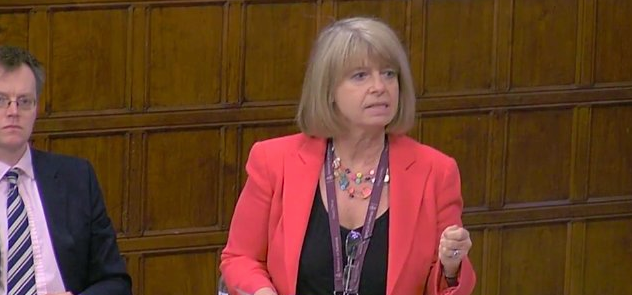In a Westminster Hall debate led by International Development Committee Chair Stephen Twigg last Thursday, MPs from all three major political parties discussed the Committee’s inquiry into DFID’s education programmes and the Government’s subsequent response.
Stephen Twigg started the debate by noting that global education is the pillar of international development and human rights. Despite great progress on education since the millennium development goals were established in 2000, 263 million children around the world are not in school and another 330 million are in school but not learning the basics.
Several parliamentarians raised the issue of education financing, particularly DFID’s contribution to the Global Partnership for Education at its replenishment in February, with some praising the UK’s pledge and others expressing disappointment at the scale and ambition.
The Shadow Minister Dan Carden and MP Lloyd Russell-Moyle criticised the Government over the issue of value for money of low-fee private school providers in Liberia.
Others, such as Pauline Latham MP and Paul Scully MP, spoke about the importance of teacher training and building inclusive systems of education for marginalised children.
Several MPs, including David Linden and Stephen Twigg expressed support for the Send my Friend to School Make Schools Safe Campaign and asked the UK Government to sign the Safe Schools Declaration, an inter-political commitment to protect schools in armed conflict.
In response, the Minister Harriett Baldwin commended Send My Friend for its work on raising awareness of global education and emphasised the importance of 12 years of learning. She discussed the GPE replenishment and described the UK as a ‘tough friend’ to the partnership, highlighting DFID’s bilateral spending on education. The Minister presented the key points of the Department’s Education Policy, focusing on teacher training, system reform and reaching hard-to-reach children.

